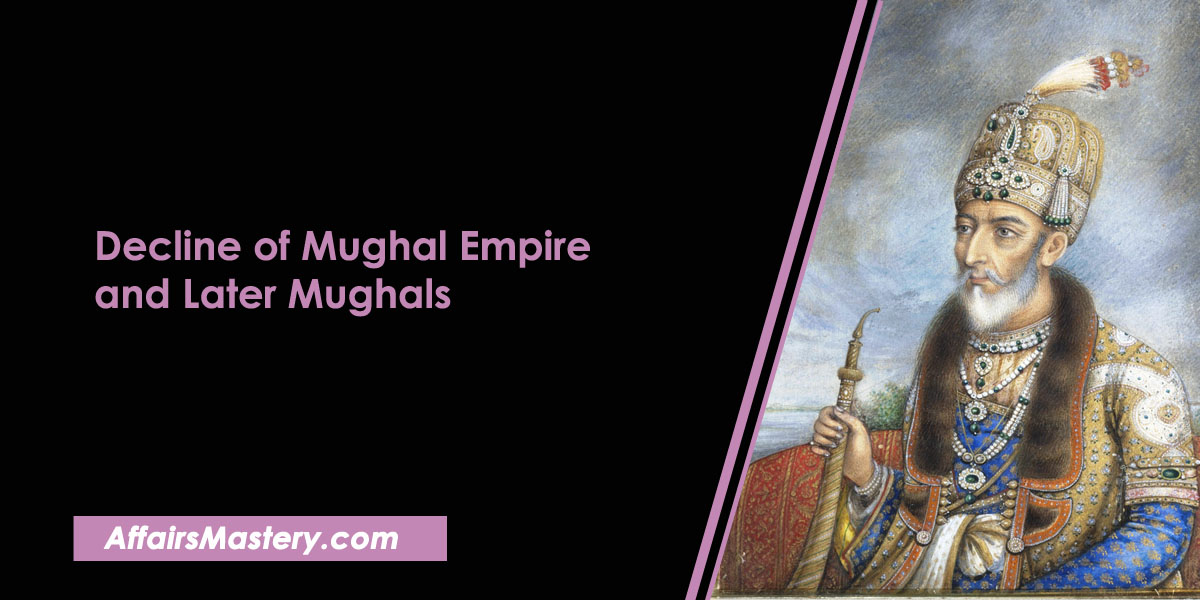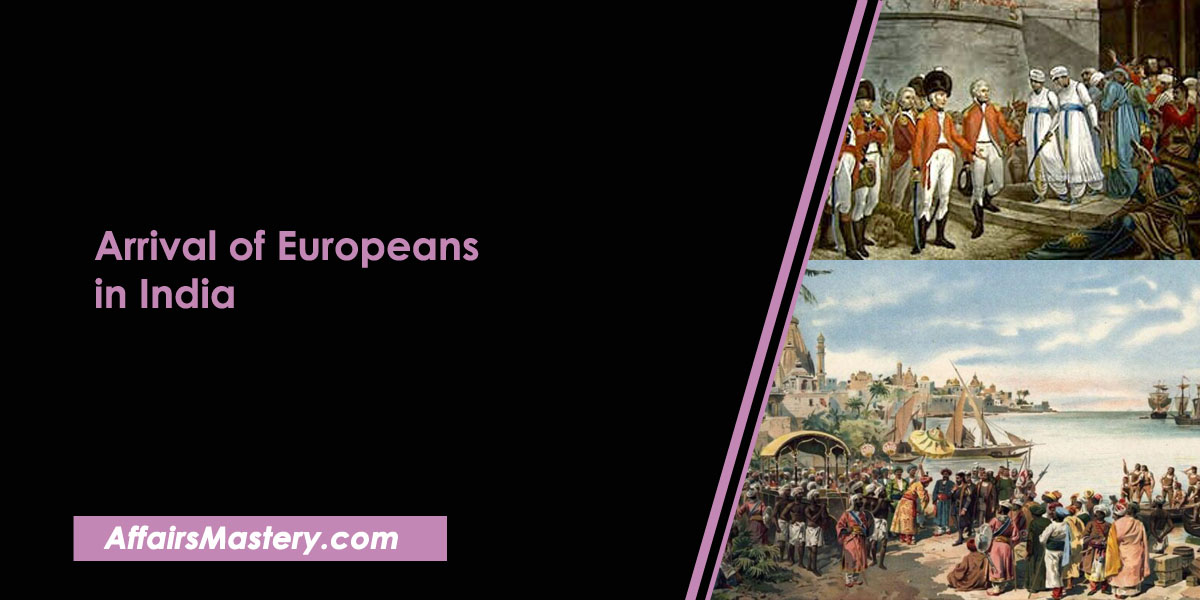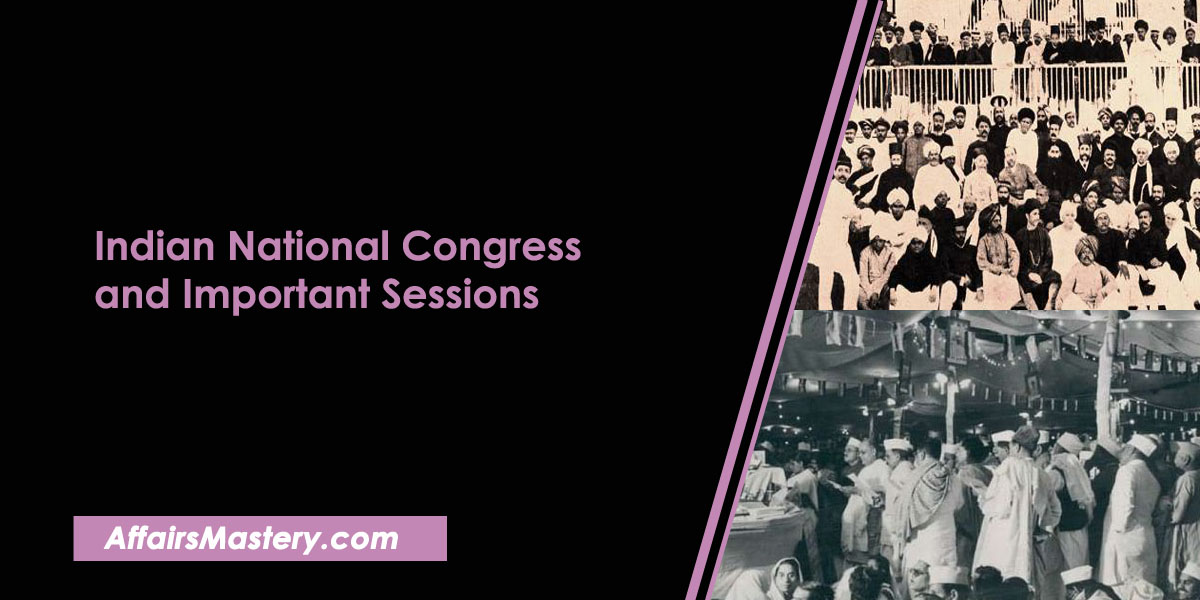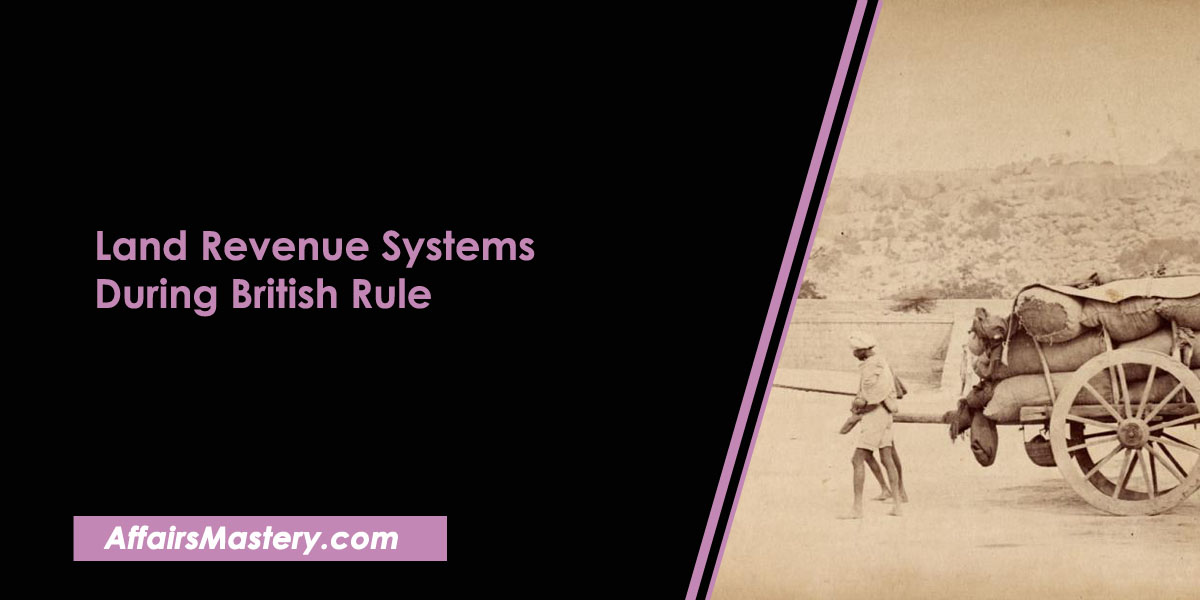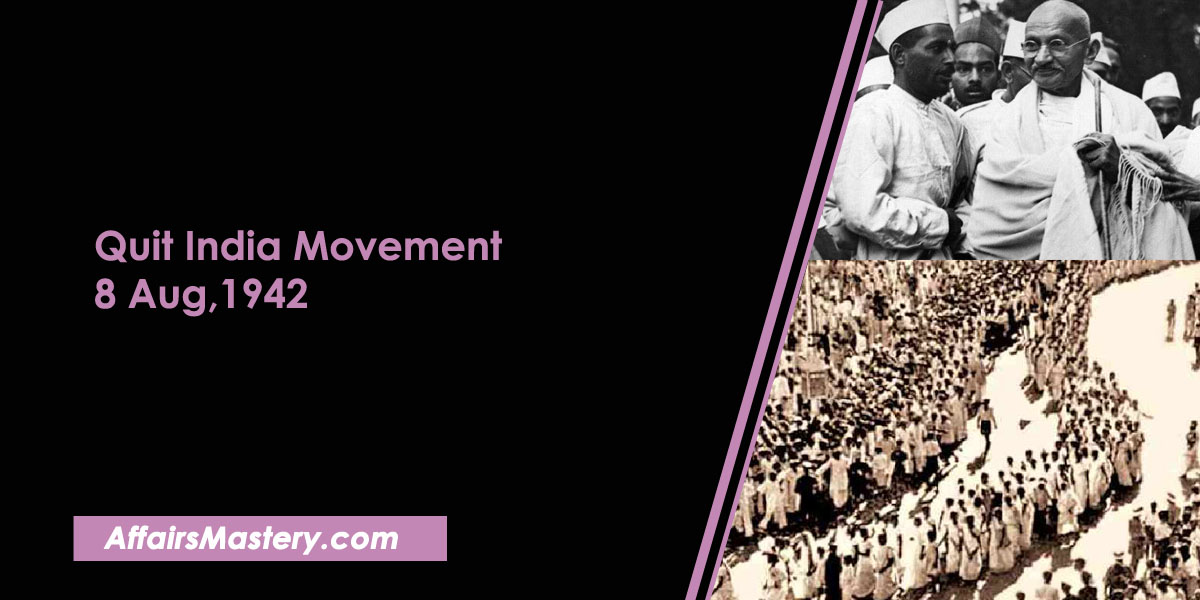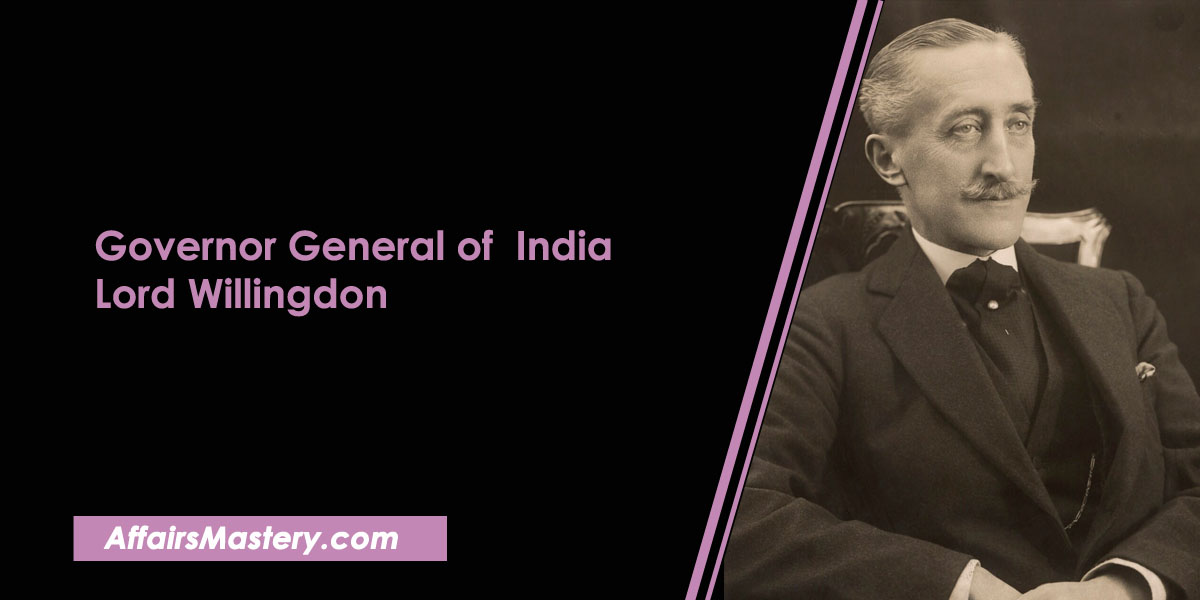Lord Canning – Important Short Notes for Exams
Lord Canning was the first Viceroy of India and last Governor General of India. Many Important reforms and events occurred in his time. He had a great participation in Indian modern history. Topic is useful for UPSC, State exams and other exams and for general knowledge.
About
- Charles Canning(1812-1862), 1st Earl Canning, KG(Most Notable Order of the Garter), GCB(Most Honourable Order of the Bath), KSI(Most Exalted Order of the Star of the India), PC(Privy Council) was also known as The Viscount Canning. He was the British statesman.
- His father was a Prime Minister of the United Kingdom for several months in 1827.
- Canning entered into the Politics in 1836.
- He held various important positions in British Government.
- As a result of Lord Dalhousie’s departure and the subsequent vacancy in the governor-generalship of India, Lord Palmerston chose him to fill that important role.
- He arrived in India around February 1856, marking the beginning of a new era for his life and career.
Events during his time in India
- He was the last Governor-General of India and first Viceroy of India.
- Taking charge of his duties in India, the Hindu Widows’ Remarriage Act of 1856, crafted by Lord Dalhousie and the General Service Enlistment Act Of 1856, was passed to allow widowed women the chance to remarry as a way for them to re-enter society and start anew.
- In response to the shah of Persia’s seizure of Herāt in Afghanistan, Canning quickly organized and sent out a military expedition to the Persian Gulf without hesitation.
- The expedition was successful in driving the shah’s forces out of Herāt and establishing a strong relationship with Dōst Moḥammad Khān, ruler of Afghanistan. This friendship was further solidified by signing an official treaty between them in 1857.
- In 1857, the Indian Mutiny began – a revolt of Bengali soldiers against British rule in northern India that quickly spread and caused much disruption to the region.
- On September 1, 1858 the last solemn assembly of East India Company was held and with Queen Victoria’s proclamation their armies ceased to exist. This incorporation allowed for forces in India to become an integral part of British rule.
- On August 2, 1858, the Government of India Act (GOI) was given royal assent and came into effect from November 1st. This act provided for the dissolution of the East India Company’s rule in British-India and transferred all governing powers to Britain itself.
- As a result of the Government of India Act 1858, Lord Canning was appointed as the first Viceroy and Governor-General of India, marking an important milestone in Indian history.
- He abolished the Doctrine of Lapse, which was a policy that allowed British East India Company to annex Indian princely states if their rulers died without leaving an heir.
- The Indigo Revolts occurred between 1859 and 1860, a period of time that saw the uprising of farmers in India against oppressive British policies. This event was an important part of Indian history as it showed how people could come together to fight for their rights.
- He passed Indian Councils Act 1861.
- The Indian Council Act of 1861 was a landmark legislation that established the cabinet portfolio system.
- Passed Indian Civil Services Act, 1861 was a landmark legislation that allowed for any person of either Indian or European descent to be appointed into any office regardless of their background. This provided an unprecedented level of equality and opportunity in the country at the time.
- Indian High Courts Act 1861 was passed to combine the Supreme Courts, Sadar Diwani Adalats and Sadar Fauzdari Adalats into one unified court system in order to streamline judicial proceedings.
- The Supreme Courts, Sadar Diwani Adalats and Fauzdari Adalats had their legal jurisdictions merged over to the High Courts which increased control of justice administration at higher levels of governance.
- Lord Macaulay drew the first outline of the Indian Penal Code in the 1830s, however it was thoroughly revised and redrafted by 1860 and finally implemented and executed in 1862.
- The Indian Council Act, 1861 was a significant piece of legislation that added an additional fifth member to the Governor General Executive Council as a finance member in order to provide more financial oversight and guidance.
- During his time, he implemented the income tax system which has been a major part of taxation in many countries since then
- Three universities were established in Calcutta, Bombay and Madras based on the model of London University. These institutions provided a platform for higher education to students from all over India
- He was also Known as Clemency Canning due to his policy and way of conducting.
- A forest department was established to ensure that the resources of forests are used in an efficient and sustainable manner, so as to maximize their potential benefits.
- He left India in April 1862 and arrived in England shortly afterwards.
If you find our content helpful and interesting, please consider joining us on Telegram @affairsmastery to show your support. We would really appreciate it!
Related articles
- Important Battles in Indian History
- Important treaties in Indian history
- List of Foreign Travellers who came to India
- List of Governor General of India and Viceroy of India
- Robert Clive – Important Short Notes for Exams
- Warren Hastings – Important Short Notes for Exams
- Lord William Bentinck – Important Short Notes for Exams
- Lord Mountbatten – Important Short Notes for Exams
- C. Rajagopalachari – Important Short Notes for Exams
- Lord Wavell – Important Short Notes for Exams
- Lord Linlithgow – Important Short Notes for Exams
- Lord Willingdon – Important Short Notes for Exams
- Non Cooperation Movement (1919-1922)
- Important Personalities related to Social Movements of India
- List of Important Personalities of Indian Freedom Struggle
- List of Important Books on Revolt of 1857 and their Author
- Important Leaders of 1857 Revolt and their places
- Constituent Assembly of India and its Composition: Important Short Notes
- Important Tribal Movements in India
- Direct Action Day 1946: Important Short Notes for Exams
- Interim Government of India, 1946 and its members
- Important Socio Religious Reform Movements in India – Short Notes
- Khilafat Movement (1919-1924) – Important Short Notes for exams
- Lucknow Pact, 1916 – About, Features, Outcome (Important Short Notes)
- C R Formula or Rajaji Formula, 1944 – About, Main Points (Important Short Notes)
- Wavell Plan, 1945 – About, Main Points (Important Short Notes)


